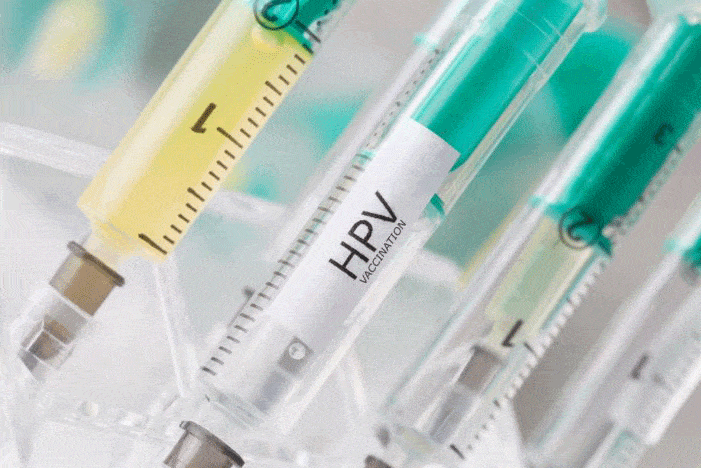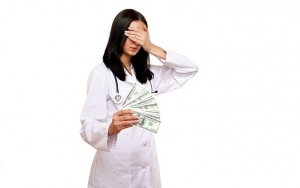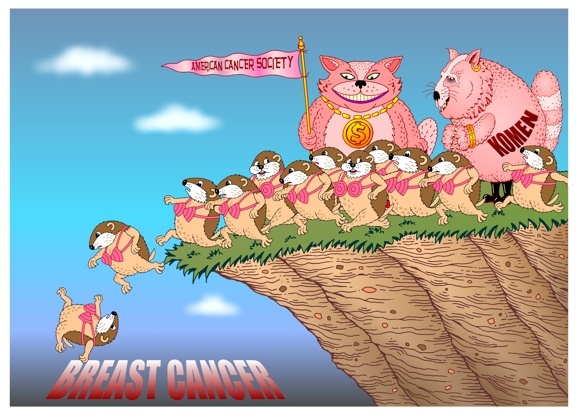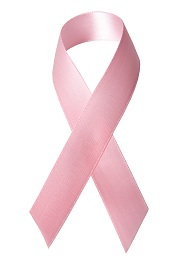American Cancer Society Seeks $11 Billion to Pursue an 80% Gardasil Vaccination Rate Among U.S. Children
The American Cancer Society (ACS) has set an aggressive goal to achieve an 80 percent uptake rate among American children with two doses human papillomavirus (HPV) vaccine by 2026. To gain that coverage, 14 million more preteen children would need to complete the two-dose series, for a total of 57.62 million doses above and beyond the number of vaccinations given to date. HPV vaccine is one of the most expensive vaccines on the CDC recommended childhood vaccine schedule, costing a pricey $168 to $204 per dose, with Merck being the sole producer of HPV vaccine (Gardasil) in the U.S. Although U.S. health officials have continued to deny a causal connection, Japanese researchers have pointed out that the temporal association with post-Gardasil clinical symptoms such as “chronic regional pain syndrome, orthostatic intolerance, and/or cognitive dysfunction” suggests a causal relationship with the vaccine. Other health issues associated with HPV vaccination include nervous and immune system disorders such as postural orthostatic tachycardia syndrome (POTS), chronic fatigue syndrome, blood clots, acute respiratory failure and cardiac arrest. Also widely reported are menstrual abnormalities and premature ovarian failure. Using the MedAlerts search engine, as of April 30, 2018, the federal Vaccine Adverse Events Reporting System (VAERS) contained more than 58,992 reports of HPV vaccine reactions, hospitalizations, injuries and deaths including 430 related deaths, 794 hospitalizations, and 2,773 disabling conditions. Over 45 percent of the reported serious adverse events occurred in children and teens 12-17 years of age.







